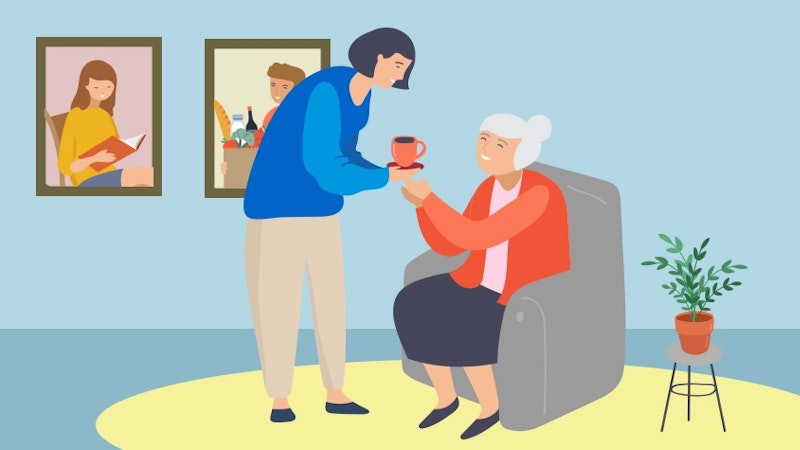
As the population continues to age, the demand for elderly care services is on the rise. Many families in the UK are opting for home-based care solutions to ensure their elderly loved ones can remain as independent as possible while receiving the support and assistance they need. However, ensuring quality elderly care at home requires careful planning and consideration.
Understanding Individual Needs
The foundation of quality elderly care at home begins with a comprehensive assessment of the individual's needs. This involves evaluating their physical health, mental well-being, mobility, and any specific medical conditions they may have. By understanding the unique requirements of the individual, care providers can tailor their care plan accordingly, ensuring that all aspects of their well-being are addressed.
With a care plan in place, the care provider can work around potential points of stress that may cause issues for the individual. A comprehensive care plan is also open to the family and any notes taken on visits can be read for peace of mind.
Providing Expert Support
One of the cornerstones of quality care is the presence of qualified and trained caregivers. Families should seek out caregivers who have the necessary certifications and experience caring for specific needs. Specialised training in areas such as dementia care, medication management, and first aid is essential to providing comprehensive support to elderly individuals at home.
When looking for care, always feel free to ask about the training Care Assistants go through and whether they perform regular refresher courses. You can also find reviews online as well as ratings from your local care authority such as the CQC. These organisations monitor, regulate and inspect care providers to ensure quality care.
Trusted Support
Trust is often an overlooked aspect of care. To build trust care providers will keep you informed about your or your loved ones' care, listen to your concerns and work with you to find solutions. By customising the care plan, families can ensure their loved one receives the support they need to maintain their independence and quality of life.
Regular Monitoring and Communication
Regular monitoring and communication are crucial aspects of maintaining quality care at home. Families should have open channels of communication with caregivers and schedule regular check-ins to assess the individual's well-being. This allows for early detection of any issues or concerns and ensures adjustments can be made to the care plan as needed, ensuring continuity of care and optimal outcomes for the individual.
Safety and Comfort
Creating a safe and comfortable home environment is essential for the well-being of elderly individuals receiving care at home. Your chosen care provider will often carry out a risk assessment for the safety of the individual and care staff. By prioritising safety and comfort, care providers and the family can create an environment that promotes the independence and quality of life of their elderly loved ones.
Successful care depends on the family, individual receiving care and the care provider working in tandem. The goal of home care is to allow people to live independently and do what they love while remaining in their own home, to make this possible and relieve stress from the family, finding the right care provider that works with you can make all the difference.
If you are considering care in your area, search Pairly.com to find your nearest available provider.
